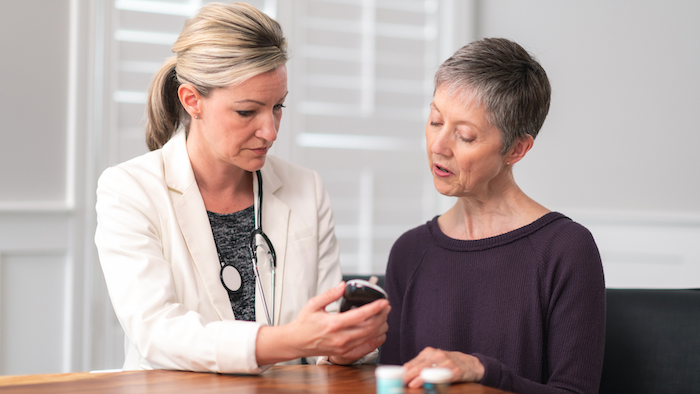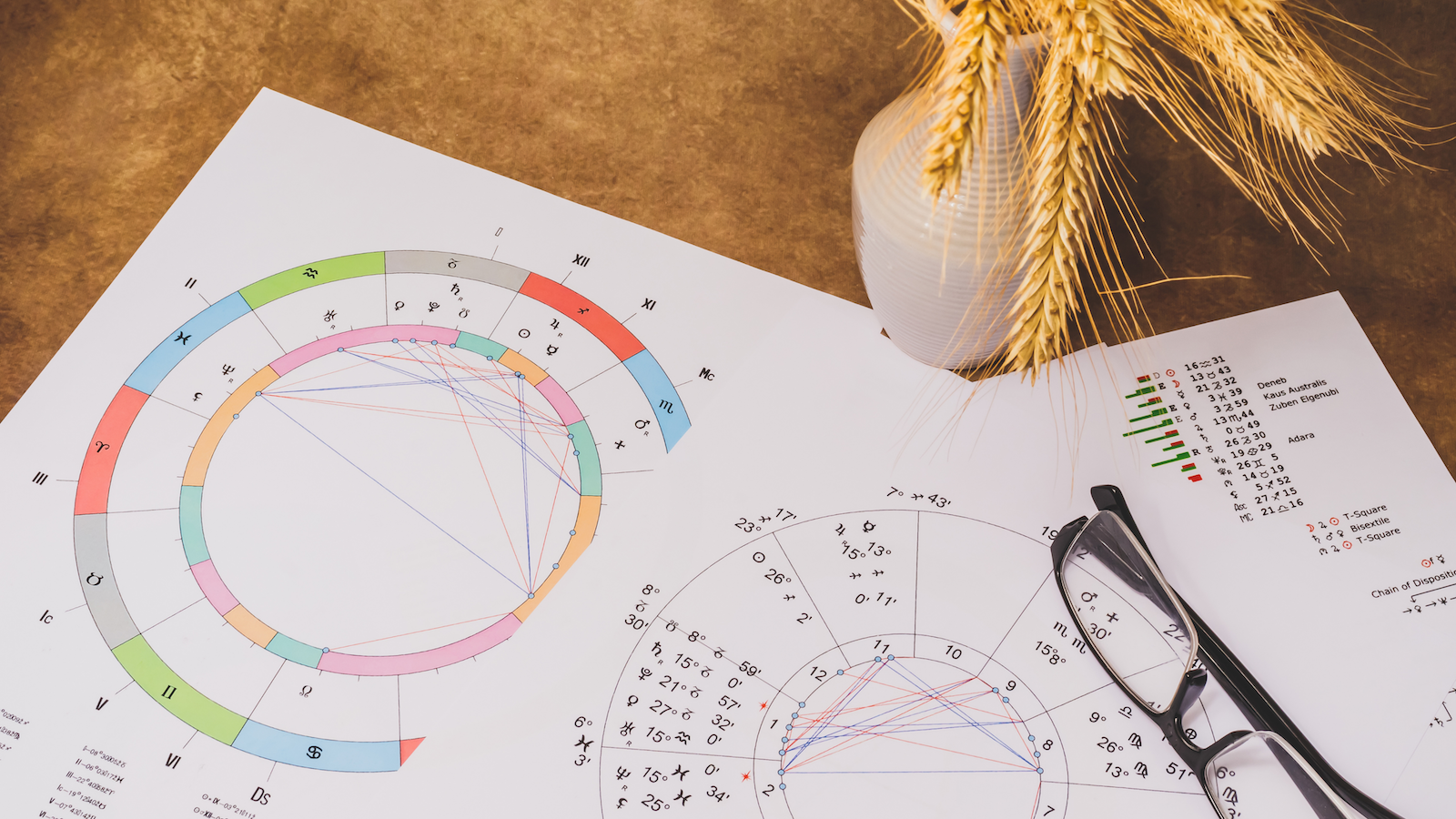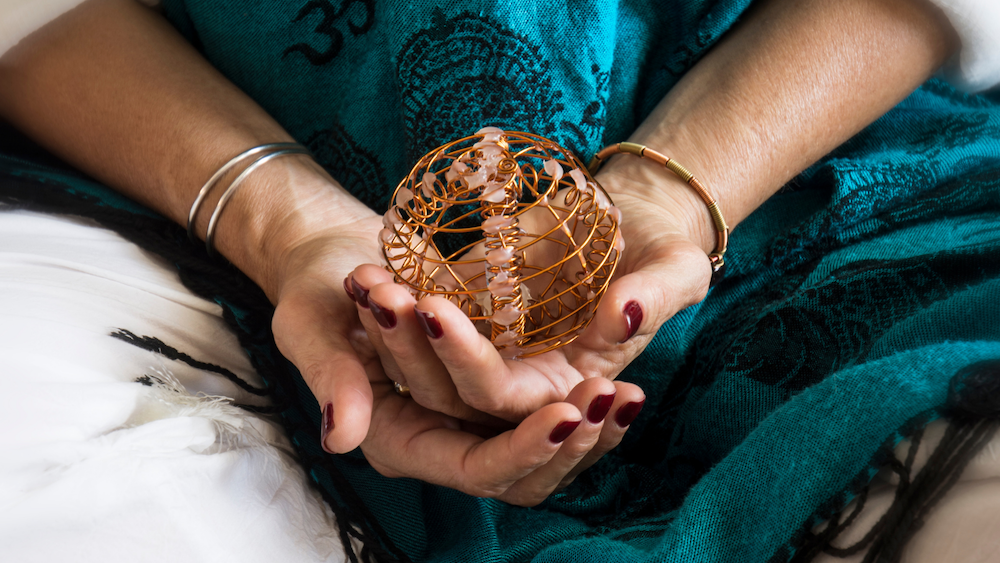Using Integrative Medicine To Manage A Patient’s Diabetes Condition

How My Career in Integrative Medicine Began
Growing up in Nigeria, I learned the use of herbal remedies from my parents and older people around me. They would apply the juice of certain leaves on open wounds, or ingesting juice of neem leaves for malaria treatment. Scented leaves were also used in cooking porridge for treatment of cough and common colds. There were several of these practices around me. I later got comfortable with the use of herbs such that I could use them without supervision as an older child. This exposure eventually led to my becoming an integrative medicine practitioner, where I helped people with different conditions, from simple conditions to chronic ones, like diabetes.
Right before finishing high school, I started investigating a career in pharmaceutical sciences. I understood that pharmaceutical scientists source some of their starting materials from herbs to make orthodox medicines. And I also learned that herbs are extracted for countless medicinal purposes. Most important is the concept of integrative medicine, where nature meets synthetic. I learned how orthodox practice can combine alternative medicines like herbalism, nutrition, etc. to achieve desired treatment/health outcome. At that point, I knew it was the career I wanted to pursue.
Integrative medicine
Integrative medicine is an approach to health that merges conventional medicine with complementary medical practices. While conventional (western medicine) uses pharmacological compounds, surgery and other known orthodox methods to cause changes in psychology, physiology and anatomy of humans, complementary medicine employs non-conventional approaches. Complementary medicine does not necessarily take the absolute place of orthodox medicines, especially in chronic diseases. Instead, it complements them, and provides more tolerable options to alleviate symptoms of diseases, control adverse effects of conventional medicine, prevent complications from chronic diseases and offer holistic healing to the body, mind and spirit. However, some complementary medicines are counterproductive when combined with the conventional medicine.
In pharmacy practice, the common type of integrative medicine is conventional-natural remedies approach. I have employed this in the course of my career as a community pharmacist. Specifically, I have recommended nutritional or herbal supplements for management of hypertension, diabetes, arthritis, and other chronic diseases.
Integrative Approach for Diabetes Management - Margaret
Margaret is a 60 year old retired civil servant. I met her in 2019 when she walked into my practice premise one Monday morning demanding to see the pharmacist on duty. Upon consultation with her, I discovered that her anti diabetic medications were not producing optimum results. Her fasting blood sugar level was 175mg/dl despite her adherence, although she failed the dieting rules and showed general lifestyle mismanagement. Further investigation revealed that she had been diabetic for over 3 years and was at the verge of requiring insulin. She came in weak, and with a Body Mass Index (BMI) of 31.6. Integrative medicine helps conditions like diabetes, by addressing multiple fronts, both with conventional and natural approaches.
My first recommendation was herbal remedies containing apple cider vinegar, turmeric and oil of oregano, all of which have diabetes-fighting compounds. I also looked into her nutrition and made adjustments that included a greater proportion of vegetables, whole grains and lean proteins. I implemented a calories control program in an effort to manage obesity. Furthermore, I recommended some nutritional/herbal supplements which she purchased over-the-counter. These are products containing gymnema leaf extract, cinnamon bark extract, bitter melon fruit extract, gingko biloba leaf extract. All of them are powerful aids in managing diabetes. I instructed her to take 2 capsules per day with meals 3 hours after her metformin/glimepiride regimen.
Report after Treatment
On follow up call one week after our meeting, she confirmed to me that there were improvements; however, nothing drastic had happened. She visited the pharmacy for refill one month later, and I was happy to see there were visible improvements. She appeared a lot more lively, happier and energetic. Her BMI had reduced significantly by about 25% while her fasting blood sugar level had come down to 129.2mg/dl. She was thankful that my integrative medicine approach allowed her to finally manage her diabetes more effectively.
Two months down the line, Margaret was already introducing friends to the natural remedies that helped her diabetes management. I stayed in communication with her for another 7 months, and as long as she continued with the supplements in conjunction with her prescription, her blood sugar level remained within the normal range of 100-125mg/dl. She never needed insulin and she was living a happier, healthier life.
Ogonna Okpara
Pharmacist, Integrative Medicine Practitioner


Leave a Reply
You must be logged in to post a comment.